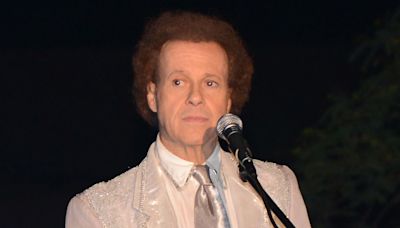Search results
Genes and the environment influence human biological variation in visible characteristics, physiology, disease susceptibility, mental abilities, body size, and life span. Though humans vary in many traits, humans are among the least genetically diverse species. Any two humans are at least 99.5% genetically similar.
7 Jul 2024 · Human being, a culture-bearing primate classified in the genus Homo, especially the species H. sapiens. Human beings are anatomically similar and related to the great apes but are distinguished by a more highly developed brain and a resultant capacity for articulate speech and abstract reasoning.
A human is a member of the species Homo sapiens, which means 'wise man' in Latin. [3] Carolus Linnaeus put humans in the mammalian order of primates. [1] Humans are a species of hominid, and chimpanzees, bonobos, gorillas and orangutans are their closest living relatives. Humans are mammals.
26 Mei 2024 · The human body is the physical substance of the human organism. Characteristic of the vertebrate form, the human body has an internal skeleton with a backbone, and, as with the mammalian form, it has hair and mammary glands.
human body The human body is composed of about 60 percent water. human remains They found some remains which were thought to be human. human suffering Victory in the war was achieved at the cost of great human suffering .
26 Mei 2024 · Following the ancestors of modern human beings into the distant past raises the question of what is meant by the word human. H. sapiens is human by definition, whereas apes are not. But what of the extinct members of the human tribe ( Hominini ), who were clearly not H. sapiens but were nonetheless very much like them?
2 Feb 2021 · While most early human finds spark some scholarly debate, few reach the level of the Apidima skull fragment, in southern Greece, which may be more than 200,000 years old and might possibly ...
According to genetic and fossil evidence, older versions of Homo sapiens evolved only in Africa, between 200,000 and 100,000 years ago, with members of one branch leaving Africa by 90,000 years ago and over time replacing earlier human populations such as Neanderthals and Homo erectus .
25 Mei 2021 · Homo sapiens is a species of highly intelligent primate that includes all living humans, who are often referred to as H. sapiens sapiens. There were once many species in the genus Homo, but all...
5 Mac 2020 · The first humans emerged in Africa around two million years ago, long before the modern humans known as Homo sapiens appeared on the same continent. There’s a lot anthropologists still don’t...



